| 易经 - I Ching - Book of Changes | |
|---|---|
| Mar 16, 2007 11:11 | |
 | 易经 - I Ching - Book of Changes I was introduced the the book of changes over 30 years ago and still have my original copy (Wilhelm-Baynes). Most people in the United States consider it a fortune-telling book. While I was initially taught to use it to divine answers, the writings always spoke to me. I started to just read it as a good book of practical philosophy. While I was in China the first time, the Catholic churches were permitted to open, one of the first loads of black & white TVs arrived in port, and vendors appeared on the streets selling yarrow stalks. What are your thoughts on this book? What is the standing of this ancient book in modern China? |
| Mar 20, 2007 19:44 | |
 | Hey Gruz, 易经 is far more than a book about fortune-telling. It is a book with philosophy of life and the whole world. I'm sure that you have felt its charm since you have read it. :) |
| Mar 20, 2007 20:52 | |
 | Charm...an interesting description. |
| Mar 21, 2007 03:23 | |
 | Classic of changes is one of the five classic works of Confucianism. The other four are respectively Class of History, Class of Poetry, Class of Rites, and Spring and Autumn Annals. But it is so difficult to under its essence. People today are still believe it is s great book. I know it from Fortune-tellers.They usually use this book or with a picture , we call Baguatu.~~~~~~~mysterious but confused. |
| Mar 21, 2007 03:57 | |
 | It's a mysterious book popular most in Zhou Dynasty. It's said that the author of the book is Wenwang of Zhou Dynasty, the first king of Zhou. But there are many other ideas about the origination now. It was hard to read even in Spring and Autumn Period, thus ancient people wrote 易传 to unscramble 易经. Now what we call 周易(I Ching of Zhou Dynasty) means the two books, 易传 and 易经. The Yin and Yang theory is originated from this great book. Taoism and Confucianism was also deep affected by this book. Feng shui and the Eight Diagrams are two related research of this book. According to the history records, fortune-telling has three methods. 易经 is only one of the three. Others are 连山 and 归藏, which have been lost for many many years. |
| Mar 21, 2007 04:42 | |
 | Yes, all mysterious but confused ( If we not understand the theme) |
| Mar 21, 2007 05:04 | |
 | Sound like much more 'mysterious' than the european tarot (by the way whose origin is almost proved to be but a game...) |
| Mar 21, 2007 10:24 | |
 | Once I got past some of the unusual descriptions like "traveling across the great waters" or comments about "fatted pigs and good fortune" ... the philosophy of the book appeared to be clear and straightforward: a person has many decisions to make in their life and with each decision they define themselves as a superior or inferior person based on the quality of their decision. I believe those colorful descriptions become most relevant when using the divining methods used with the book. To a reader of the book, those descriptions seem to refer to the trials and tribulations of life and they are interesting in the context of Chinese life at that time. However, if you cast a hexagram in a time of personal strife fortelling of a period of great tribulation followed by great good fortune so long as you took the path of the superior person, the fortune would be quite comforting in your troubled times. |
| Apr 4, 2007 04:35 | |
 | Actually, the book was first used as one method of divine in china. Then Confucius extracted the phylosophy part of the book, and edited it as i-ching. I think what you have is this book. As a matter of fact, Confucious himself use it to divine too. But the old method he used was not avaible now. Methods used now were invited by Confucius' students' students' ... students. And these methods not only include looking up the corresponding sentences in the book, but also involve the theory of "five elemets" and orther things like the chinese traditional canlendar system. BTW, I am learning this method, and it is amazing. |
| Dec 25, 2007 22:58 | |
GUEST16131  | a dose of reality. we hope, want and struggle,, everything in our life stay the same and we deny the changes or ignore them. but dao ke dao fei chang dao. |
| Dec 28, 2007 13:01 | |
 | Someone has given me a copy for xmas gift, let me peruse through and I will let you know what I think |
Page 1 of 2 < Previous Next > Page:
Post a Reply to: 易经 - I Ching - Book of Changes




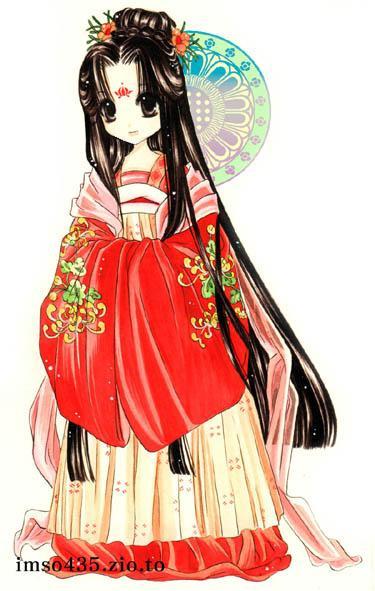
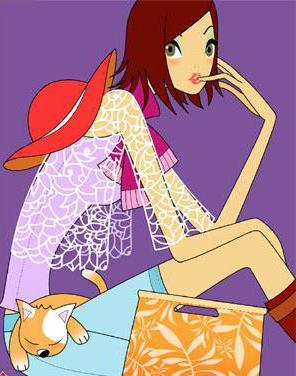
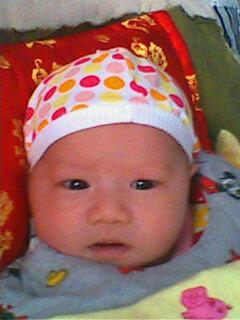
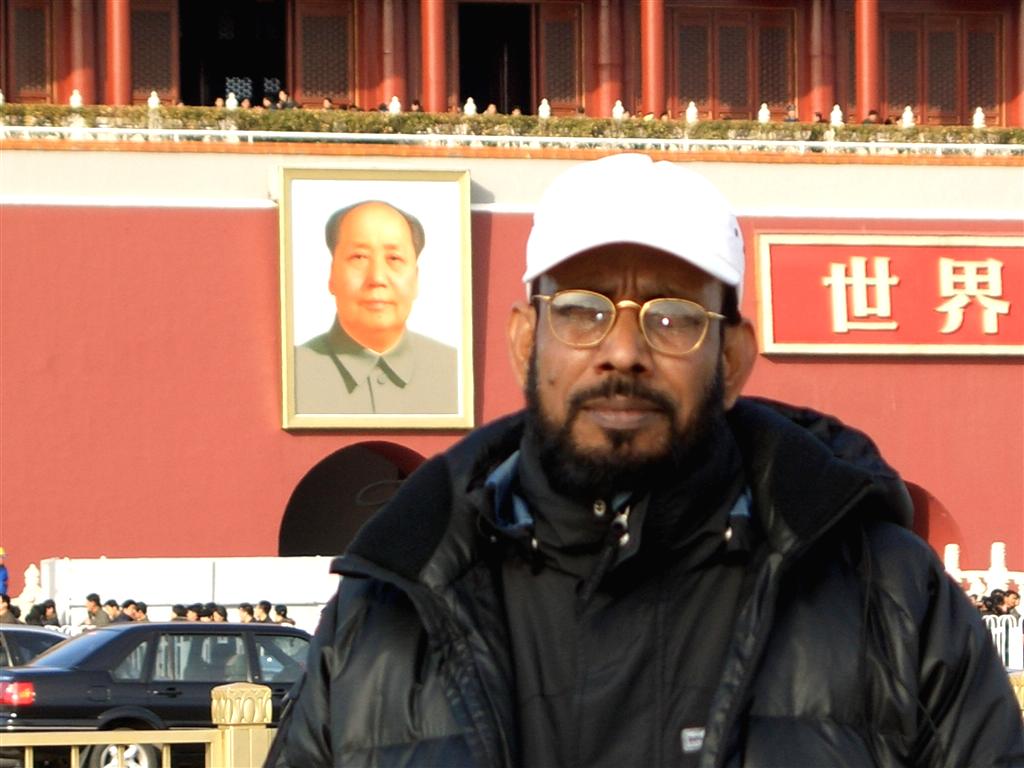


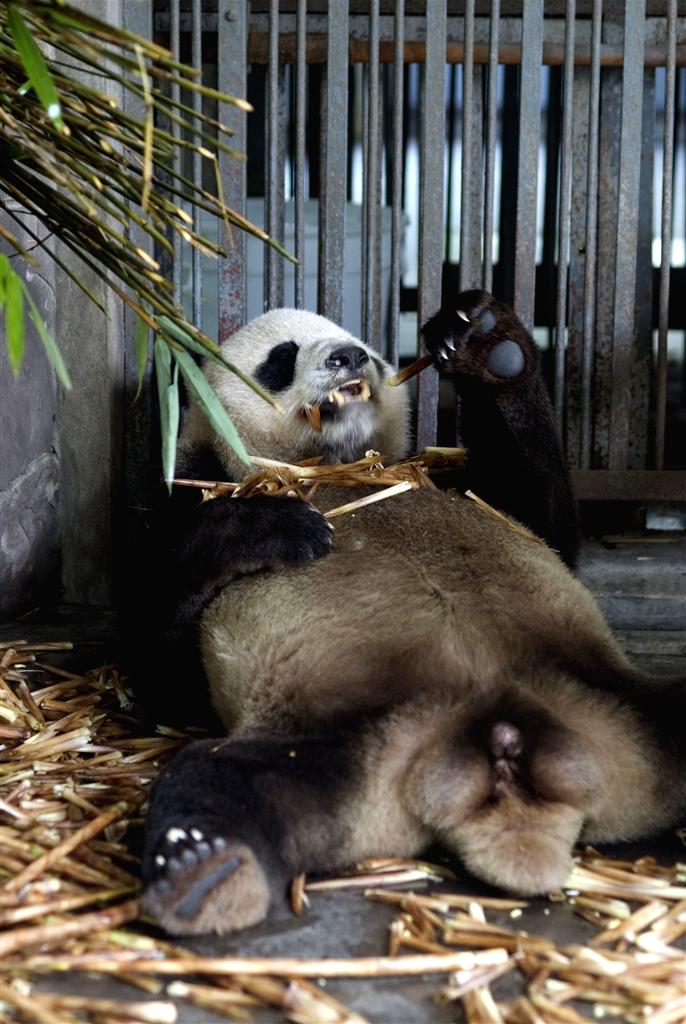
 Copyright © 1998-2026 All rights reserved.
Copyright © 1998-2026 All rights reserved.